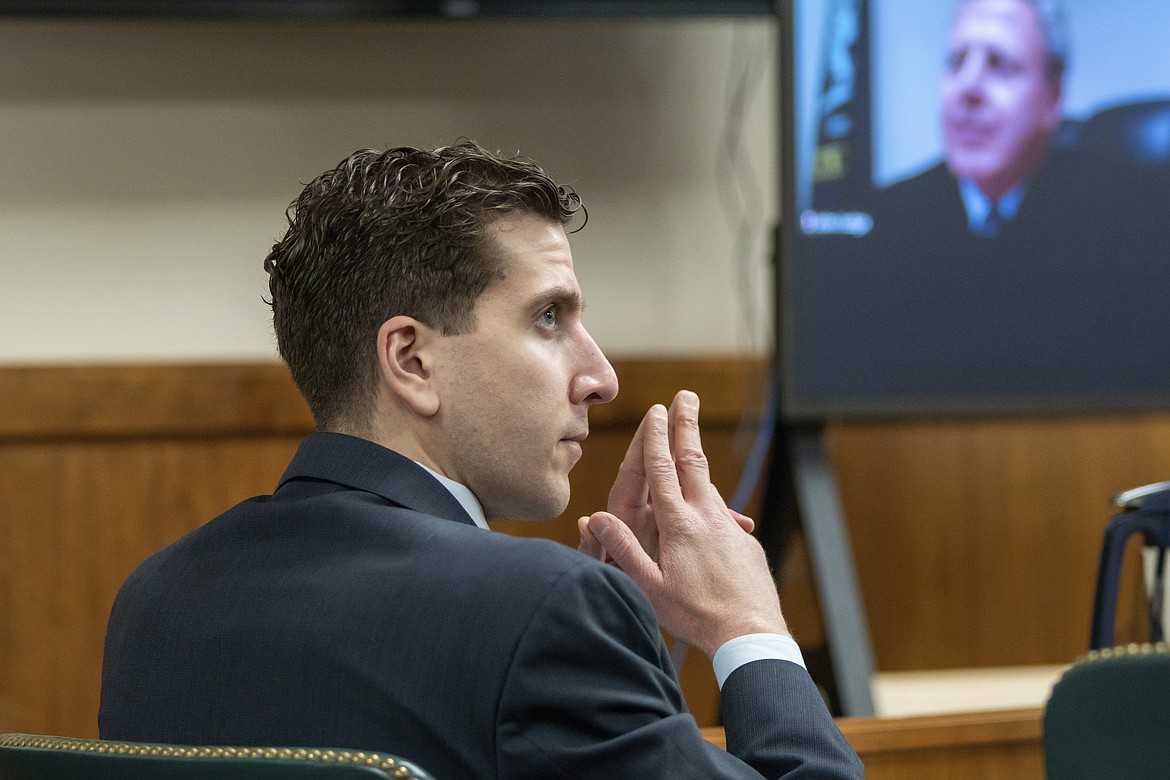Prosecutors dispute Kohberger defense claims to strike evidence
Prosecutors in the capital murder case against Bryan Kohberger countered claims from the defense that a raft of evidence against the accused killer should be withheld from trial because it was improperly gathered by police during the investigation.
Led by Latah County Prosecutor Bill Thompson, state attorneys argued in more than a dozen legal briefs — most of them sealed — that the evidence in question should remain available to them to prove Kohberger’s guilt beyond a reasonable doubt. The briefs were submitted to the court last Friday, but those made public did not publish to an Idaho court’s website until late Thursday because the judge in the case took several days to review them, a court clerk told the Idaho Statesman.
Prosecutors sought in the filings to thwart attempts by Kohberger’s defense to suppress certain evidence that police said ties the defendant to the November 2022 fatal stabbings of four University of Idaho students in Moscow.
Those pieces of evidence were reported in a probable cause affidavit for the defendant’s arrest. They include DNA developed with an advanced technique known as investigative genetic genealogy, or IGG, and all digital information found through search warrants for Kohberger’s Google, Amazon, Apple iCloud and AT&T cellphone accounts.
Evidence that police found through searching the Pennsylvania home of Kohberger’s parents, his student apartment in Pullman, Wash., his white Hyundai Elantra, and Kohberger himself during his arrest and later in jail should also be blocked, his defense argued.
In prior court filings, Kohberger’s attorneys alleged that police violated their client’s constitutional rights when they “either intentionally or recklessly omitted” material information from a judge in affidavits used to obtain search warrants. For others, investigators were overly broad in identifying what they sought, and the results should be dropped, Kohberger’s defense said.
Prosecutors rejected the premise in each instance, according to court records. For search warrants, police established adequate probable cause with the judge who approved them, wrote Thompson and Ashley Jennings, his office’s senior deputy prosecutor. With some digital information, the law does not require the specificity that Kohberger’s attorneys suggest is needed, they wrote in another. Citing U.S. Supreme Court rulings.
Thompson wrote in one objection that Idaho recognizes that “great deference is paid to” a judge’s determination of probable cause. The search warrants were written with sufficient particularity, Jennings wrote in another, and a court’s “commonsense and realistic” interpretation would find it so.

